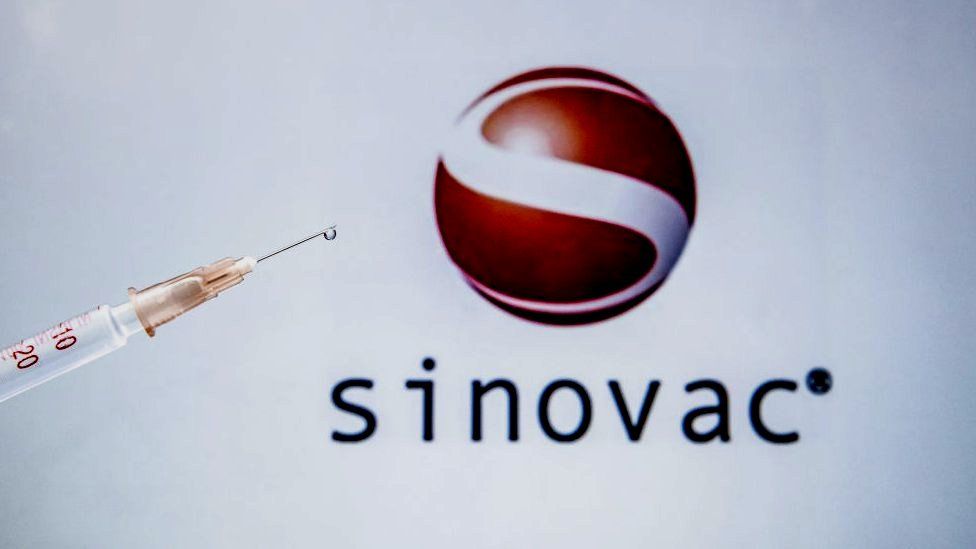
Kosovo has declined Albania’s offer to have its teachers vaccinated in Albania with the Chinese Sinovac vaccine, citing geopolitical and health safety issues.
Prime Minister Albin Kurti said that because Kosovo is not recognized by many countries, including Russia and China, they “don’t have the comfort of accepting vaccines from all over, like some countries are doing.”
“Our orientation is European and Euro-Atlantic, [in close relations] with countries that recognize us, that’s why we have our hesitations and skepticism, but also our clear position towards different offers that might reach us from non-recognizer countries or from outside Europe,” Kurti told journalists on Monday.
Health Minister Arben Vitia added that the decision was also based on lack of assurances by the European Medicines Agency (EMA) about the safety of the Russian and Chinese vaccines.
He said Albania has originally offered Pfizer and AstraZeneca vaccines but later informed them that the supplies were administered in Albania already and only Sinovac supplies were available.
Vitia explained that the law prohibits the government from importing the Sinovac vaccine due to lack of approval by EMA, and that they have decided not to have teachers get the vaccine in Albania based on safety concerns.
The Albanian government vaccinated a number of Kosovo’s medical staff in the northern city of Kukes, the closest to Kosovo, and had promised to continue with the rest of the staff.
Last week, Albanian Prime Minister Edi Rama said Kosovo’s Prime Minister Albin Kurti had asked him to have their teachers vaccinated instead of medical staff, who would be vaccinated in Kosovo using the first batch of AstraZeneca supply the country received a few days ago. Rama said he had replied positively, suggesting that Kosovo teachers would go to Albania to get the vaccine, just like a number of doctors and nurses had done before.
Minister Manastirliu has promised to support Kosovo with Pfizer and AstraZeneca vaccines when they are available, Vitia said.

